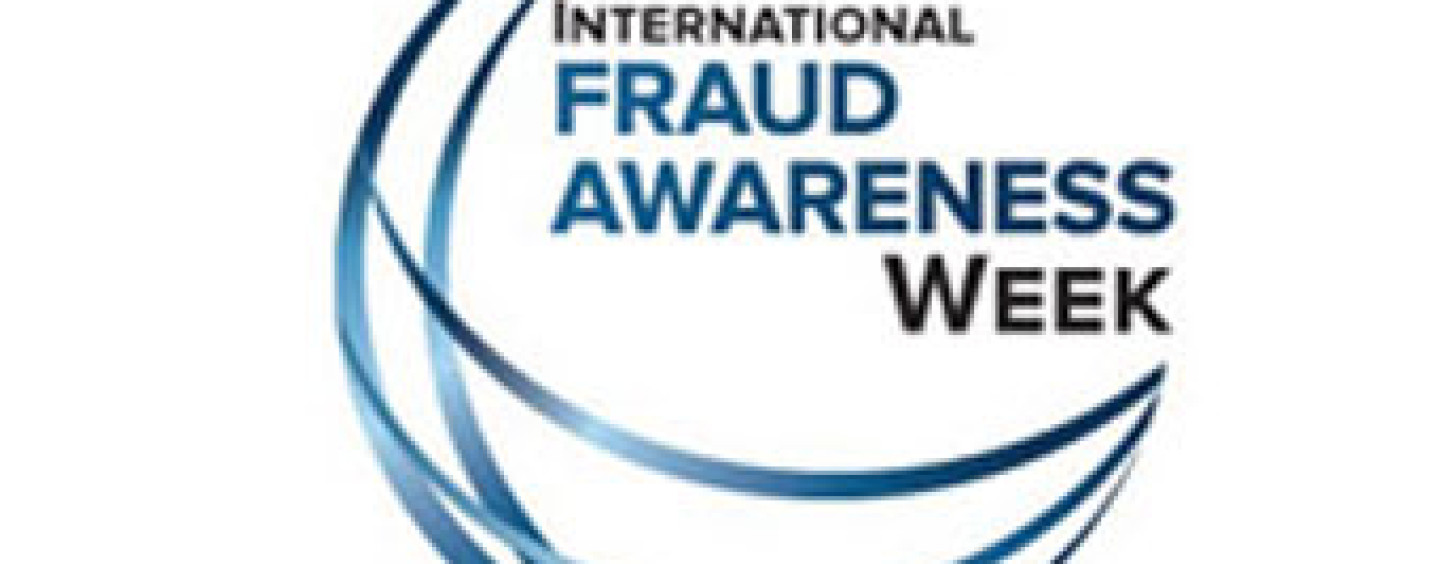Everyone wants to avoid being victim of fraud, but there’s an equally devastating scenario: being the organization responsible for protecting and securing customers’ personal data only to have a fraudster compromise it and use it for personal gain.
Organizations that take responsibility for others’ personal information also take on the obligation to ensure no unauthorized people access it. Unfortunately, there are many ways companies lose control of data, which can lead to its customers becoming victims of fraud.
RELATED: Deutsche Bank Broker Freed in $7B Tax Fraud Case
Here’s the good news: there is an abundance of help and resources available to prevent fraud and recover from it. The Association of Certified Fraud Examiners (ACFE) is hosting International Fraud Awareness Week to spread the word about identity theft and fraud and ways to address it.
One of the most important takeaways from ACFE’s annual recognition week is increasing awareness of how fraud can impact public sector agencies even more than the private sector. Individuals tend to choose to share their personal information with a business if they trust the company. To access many government services (e.g., education benefits, food stamps, unemployment or disability benefits, veterans and active duty military health care benefits, etc.), withholding personal information isn’t an option; it may result in denial of services.
Since 2003, the Identity Theft Resource Center has been following up with victims of identity theft and fraud to understand what happens following these types of crimes. As with reports from other entities, we’ve found the number of victims dealing with government identity fraud remains high.
RELATED: 9 Companies Involved in New York Heating Oil Fraud Case
Government agencies must work together to minimize fraud. Luckily, there are resources for information sharing and collaboration such as:
- The Federal Trade Commission’s Consumer Sentinel Network affords law enforcement agencies access to fraud reports and related crimes, so they may understand victims’ experiences.
- Non-governmental resources, like Fraud of the Day, provide crucial information to government agencies about how fraud is perpetrated, so they may combat it; and encourage visitors to comment on ways to detect and prevent fraud in government programs.
- The ACFE’s fraud checkup tool to help organizations understand their own security deficits.
International Fraud Awareness Week brings much-needed attention to this crime. Together, we can make a difference in the fight against fraud and limit the number of future victims.
Are you a victim of fraud or money scam? Share your story with us on the Money Credit and You Facebook page!
Original article courtesy of Watchdog.org. Photo Credit: Transfirst.com.





